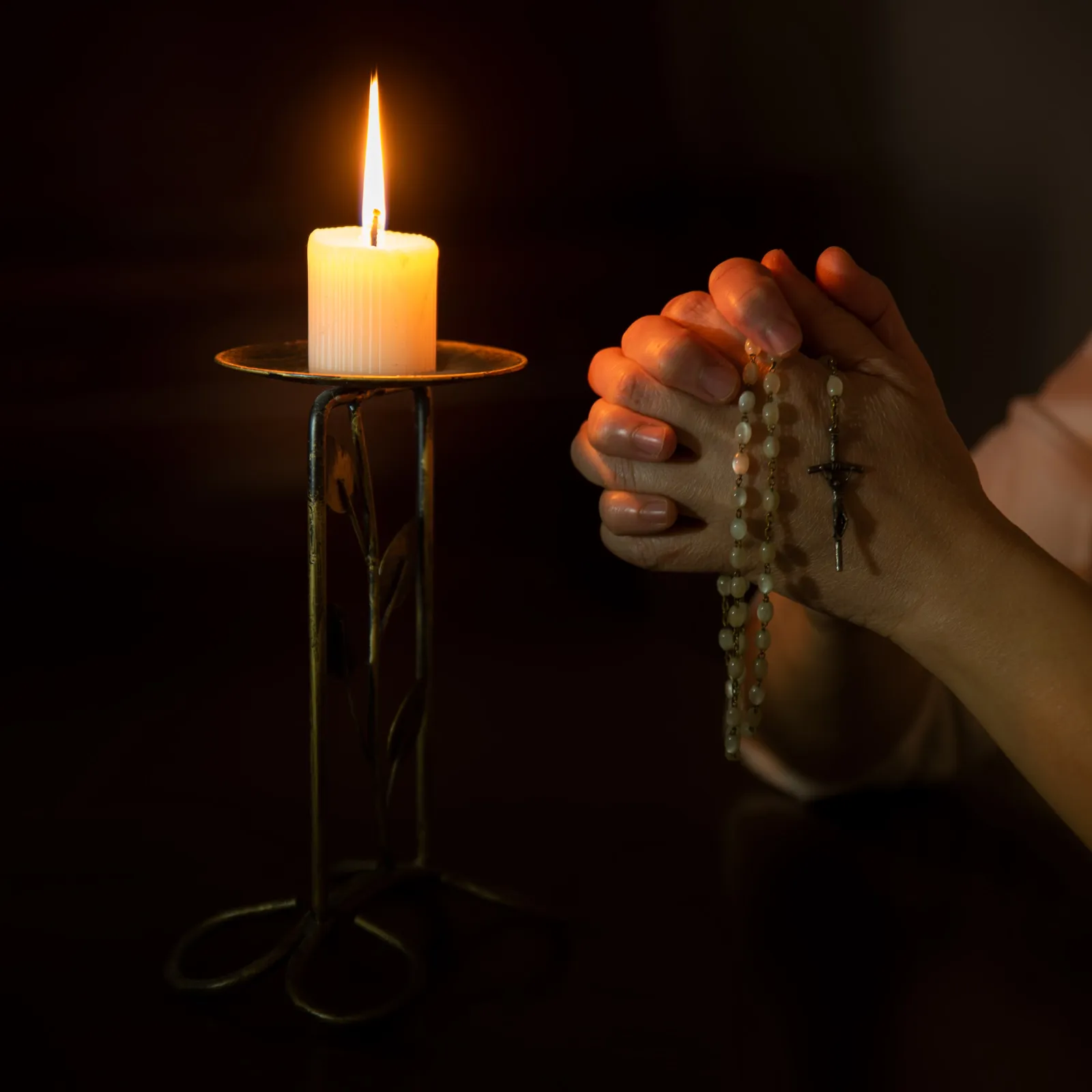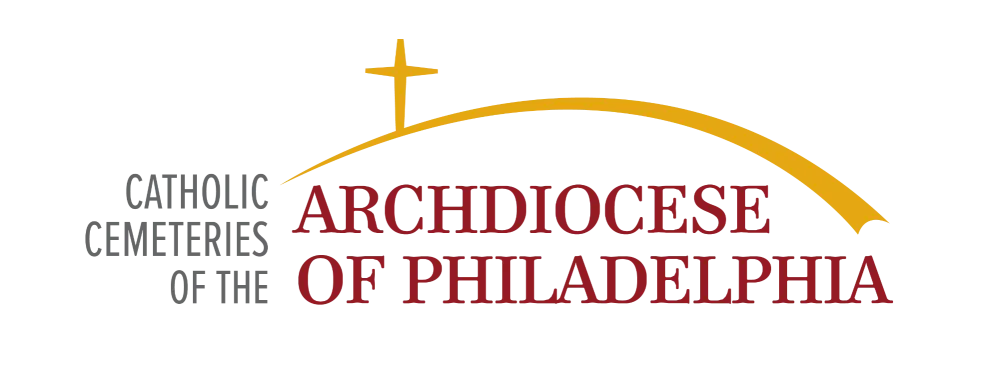The Roman Catholic faith is all about following centuries of
traditions and rules. These rules also extend to what your funeral should look
like — if you want to have a Catholic funeral, there are certain elements that
must occur.
This typically raises questions, particularly when it comes to cremation. Many Catholics wonder if you can have a Catholic funeral if you are cremated.

Permission Granted
You can have a Catholic funeral if you're cremated. The Catholic Church lifted its ban on cremation in 1963, and and as long as the cremation takes place within the rules set aside by the Vatican for the proper disposition of remains, Catholics can be cremated before the funeral Mass. The Catholic Church teaches that the human body is a temple of the Holy Spirit, and that it should be treated with respect. However, the Church also teaches that death is not the end, but rather a transition to eternal life. As such, the Church does not believe that cremation prevents a person from being saved.
If you are a Catholic who wants to be cremated, there are a few things you should keep in mind. First, you should make sure that your wishes are known to your family and friends. Next, you should choose a funeral home that is familiar with Catholic funeral rites. Finally, faithful members should be prepared to comply with the rules that the Catholic Church has set in place so that Catholics can respectively be cremated before the funeral Mass.
Was Burial Customary for Catholics?
There is no express language of cremation in the Bible or requirement that Catholics bury their dead instead of cremating them. However, as the religion is steeped in tradition, casket burials have been the custom for centuries. Due to the age of Catholicism, many Biblical scholars believe that social pressures on early Catholics to differentiate their beliefs and practices from pagan religions led them to prefer casket burials instead of cremations.
Today, things are different. Society has changed in fundamental ways in the centuries since the founding of Christianity, and the social benefits of cremation are well-known. Cremation is generally less expensive than a traditional casket burial. There's evidence that it is more environmentally friendly as well. For these reasons and many others, the Church saw fit to clarify that Catholics can be cremated before the funeral Mass.
How a Catholic Funeral with Cremation Might Be Different
A Catholic funeral with cremation will be similar to a traditional Catholic funeral in many ways. The funeral Mass will still include the same readings from the Bible, the same prayers, and the same homily. However, there will be a few differences, with the most obvious being that the body of the deceased will not be present. Instead, the priest will bless the cremated remains of the deceased person.
The other biggest difference is that the cremated remains of Catholics are typically not kept in an urn at home after the funeral. Part of the Catholic faith involves the interment of remains, either in a burial or in a mausoleum. However, this differs with cremated remains. Ashes can be buried in a Catholic cemetery, but they can also be interred in a columbarium. These facilities are similar to mausoleums, but they are designed to house cremation urns instead of caskets. The key is that the church prefers that the remains stay together (preferably buried in a gravesite in a Catholic cemetery) instead of scattered and thus separated.
It should be noted that it is also entirely possible to have a service first, with a viewing of the body, and then have the body cremated.
Planning a Catholic Funeral After Cremation
If you are a Catholic in Philadelphia considering cremation for yourself or a loved one, reach out to one of our Catholic funeral planning professionals at 844-451-9614 with any questions or inquiries.
While You're Here - Did You Know You Can Plan a Funeral in Advance?
One of the greatest gifts we can leave our loved ones is to remove the stress of planning a funeral for us.
Advanced planning allows you to select the details of your own funeral — from the type of burial to the inscription on your headstone — years and even decades in advance. This benefits everyone by:Learn more about the gift of advance planning now.
- Allowing you to tell your life story your way
- Saving years of inflation-related cost increases
- Sparing your family the stress of having to choose what you would have wanted and determining how to pay for it.
